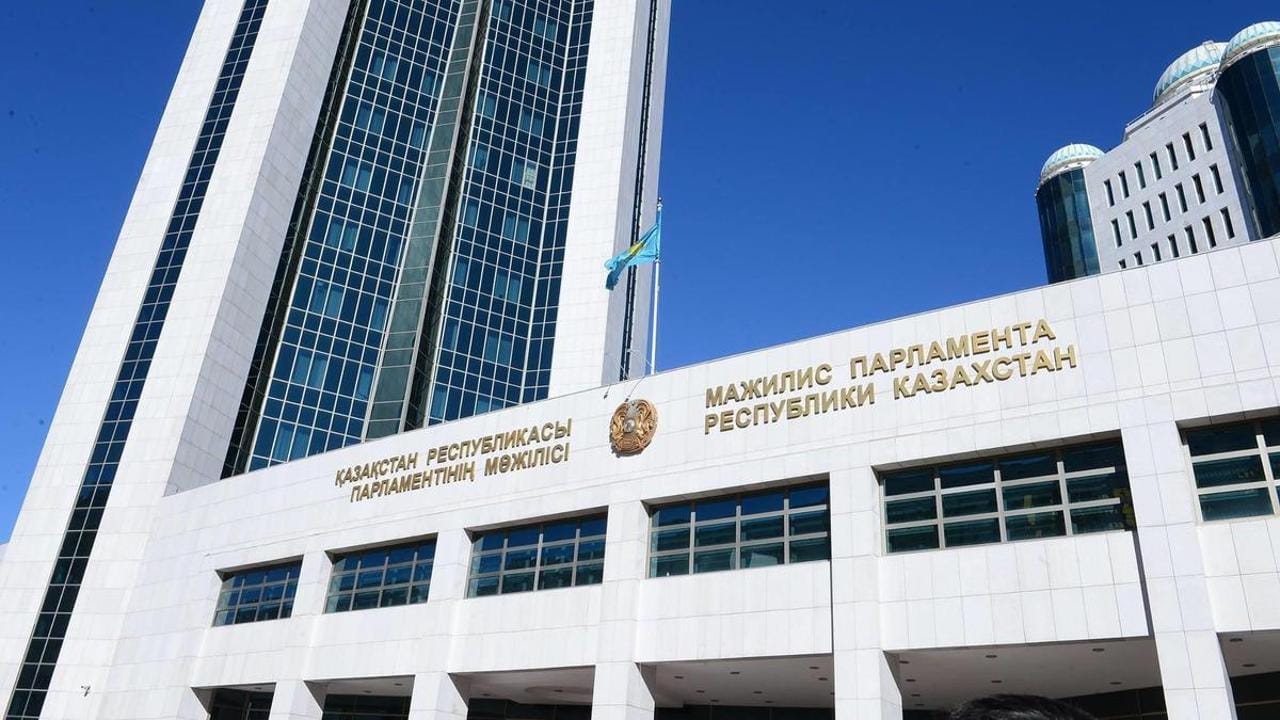The Mazhilis of the Parliament of the Republic of Kazakhstan has reviewed and approved in the first reading a draft law aimed at improving the Mandatory Social Health Insurance (MSHI) system.
One of the key provisions of the draft law is the transfer of part of the obligations from the Guaranteed Volume of Free Medical Care (GVFMC) into the insurance package, which will increase the financial burden on the MSHI system.
To ensure the financial sustainability of the system at the initial stage, the Ministry of Health has proposed raising the upper limit of the base for calculating MSHI contributions from 10 to 50 minimum monthly wages (MMW) — from 850 thousand to 4,250 thousand tenge, starting January 1, 2026.
These changes will affect about 9% of salaried workers — around 508,000 individuals and their employers.
For comparison: in global practice, there is typically no upper income cap for calculating insurance contributions.
Expected outcomes:
- Additional annual revenue of over 200 billion tenge for the MSHI system
- A shift from a regressive contribution model to a flat rate within the income range up to 50 MMW
- A more equitable and sustainable financing model
Example:
For a salary of 2 million tenge, the actual contribution rate today is only 0.85% instead of the mandated 2%.
For a salary of 200 thousand tenge, the employee pays the full 2%.
The new system will eliminate this imbalance.
Second stage — starting in 2027
The draft law also provides for a gradual increase in the state’s contribution rates to MSHI from 2027 to 2037:
- By 0.5% every two years
- Total increase — 3%
- This will restore the original financial model of MSHI, as outlined in the 2015 Law (7% from the state)
The additionally accumulated funds will be directed toward:
- Covering expenses related to annual population growth (by 10%)
- Rising disease incidence (by 9%)
- Increasing healthcare workers’ salaries
- The rising cost of medical technologies and services
Follow updates on our website https://ksph.edu.kz/ and Telegram channel Mediclub.


